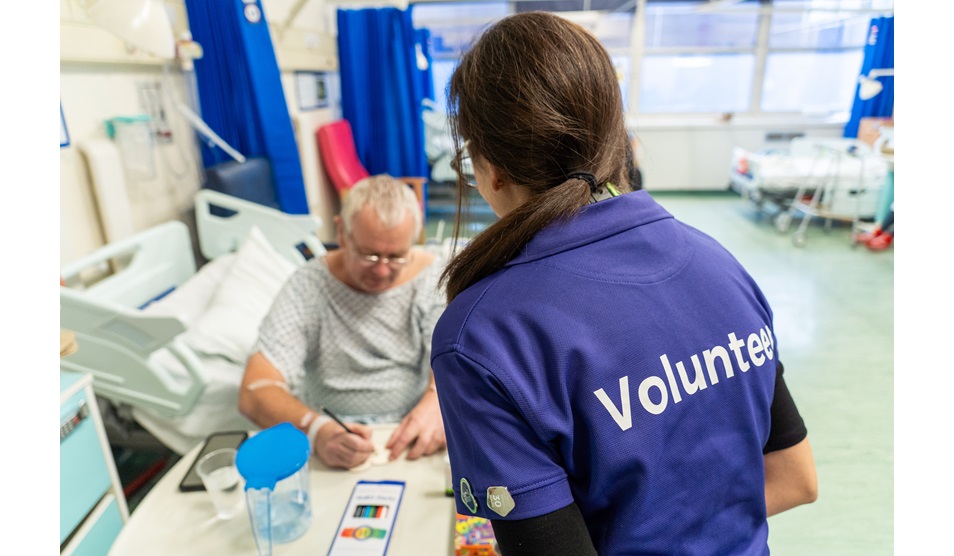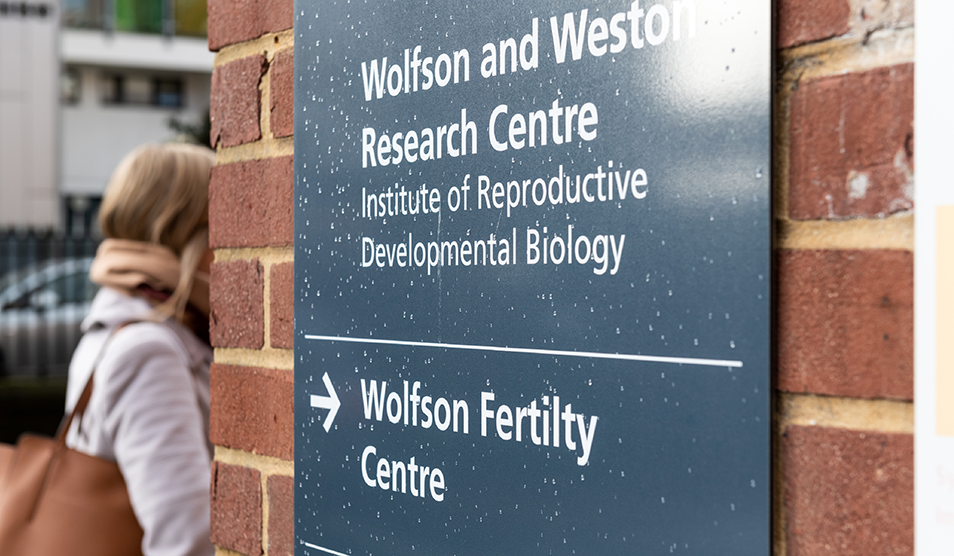Blood thinners improve outcomes in 'moderately ill' Covid-19 patients
Treating Covid-19 patients who are not critically ill with blood thinning drugs helps reduce the need for organ support and critical care, a recently published study has found.
The findings, which come from three large international clinical trials and are published in the New England Journal of Medicine (NEJM), show that blood thinning treatments (called anti-coagulants) reduce the requirement for vital organ support in patients with ‘moderate’ Covid-19.
Moderately ill patients are those not in intensive care (ICU) and who did not receive organ support, such as mechanical ventilation, when they joined the trial.
According to the researchers, the latest findings show that the treatment is safe and beneficial in moderately ill patients, and may help to reduce pressure in intensive care units in hospitals around the world. A second paper published in the NEJM by the same research group has shown, in contrast, that this treatment did not improve outcomes if started in patients who were already critically ill with the disease.
Professor Anthony Gordon is Chief Investigator in the UK for one of the trials that contributed to the findings (REMAP-CAP), Professor of critical care at Imperial College London and a consultant in intensive care medicine at Imperial College Healthcare NHS Trust. He said: “This evidence from less severely ill patients, when combined with the results in critically ill patients, demonstrates the importance of evaluating treatments in randomised clinical trials. This is the only way to learn what are the right treatments but also ensure we treat the right patients at the right time.”
Three clinical trials in over 300 hospitals on five continents, have been working together since May 2020 to urgently test whether full doses of the blood thinning drug (heparin) was more effective for adults in hospital with Covid-19 illness compared to the lower doses typically used to prevent blood clots in hospitalised patients.
Early in the pandemic, doctors around the world observed increased rates of blood clots and inflammation among Covid-19 patients which affected multiple organs and led to complications such as lung failure, heart attack and stroke. At that time, it was not known whether providing increased doses of blood thinners would be safe and effective. This was a key outstanding question that has now been answered. Most Covid-19 patients hospitalised are non-critical and this study will impact their care and outcomes.
Professor Gordon added: “We were delighted to be able to play a leading role in these innovative, large scale clinical trials, to provide improved outcomes for patients with severe Covid-19.
“The research infrastructure we have built into the NHS, which is supported by the NIHR Imperial Biomedical Research Centre (BRC) at Imperial College Healthcare, combined with the commitment from clinical teams and the patients who agree to take part has helped us tackle the pandemic as part of this international collaboration.”
The multiplatform trial further also paves the way for future collaborations on a global scale. The trials are supported by multiple international funding organizations including Canadian Institutes of Health Research (CAN), the LifeArc Foundation, the NIH National Heart, Lung & Blood Institute (US), National Institute for Health Research (UK), National Health and Medical Research Council (AUS), Health Research Council of New Zealand, and the PREPARE and RECOVER consortia (EU).





